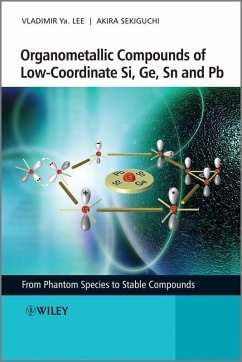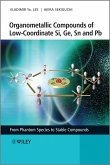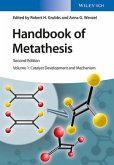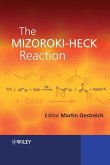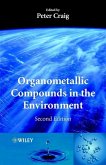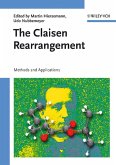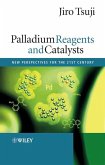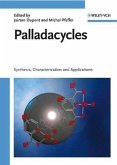Until recently the low-coordinate compounds of the heavier elements of group 14 were known only as transient, unstable species which were difficult to isolate. However recent developments have led to the stabilisation of these compounds and today heavier group 14 element cations, radicals, anions, carbene analogues, alkene and alkyne analogues and aromatics have all been prepared as highly reactive, stable, fully characterizable and readily available organometallic reagents. Organometallic Compounds of Low-Coordinate Si, Ge, Sn and Pb describes the chemistry of this exciting new class of organometallics, with an emphasis on their major similarities and differences with the analogous species in organic chemistry. Topics covered include include the synthesis, structure, reactions and synthetic applications of : * Si-, Ge-, Sn and Pb-centered cations, radicals and anions * heavy analogues of carbenes: silylenes, germylenes, stannylenes and plumbylenes * heavy analogues of alkenes: disilenes, digermenes, distannenes, diplumbenes * heavy analogues of alkynes: disilynes, digermynes, distannynes, diplumbynes, and their valence isomers * heteronuclear derivatives: silenes, germenes, stannenes, silagermenes, silastannenes, germastannenes * heavy analogues of alkenes of the type: >E14=E13-, >E14=E15-, >E14=E16 [where E13, E14, E15 and E16 are elements of the groups 13, 14, 15 and 16] * cyclic compounds (three-, four-, five-, and six-membered rings) * heavy analogues of 1,3-dienes, allenes and other cumulenes * heavy analogues of aromatic compounds; including a comparison between organometallic and organic aromaticity Organometallic Compounds of Low-Coordinate Si, Ge, Sn and Pb is an essential guide to this emerging class of organometallic reagents for researchers and students in main group, organometallic, synthetic and silicon chemistry
Dieser Download kann aus rechtlichen Gründen nur mit Rechnungsadresse in A, B, BG, CY, CZ, D, DK, EW, E, FIN, F, GR, HR, H, IRL, I, LT, L, LR, M, NL, PL, P, R, S, SLO, SK ausgeliefert werden.

